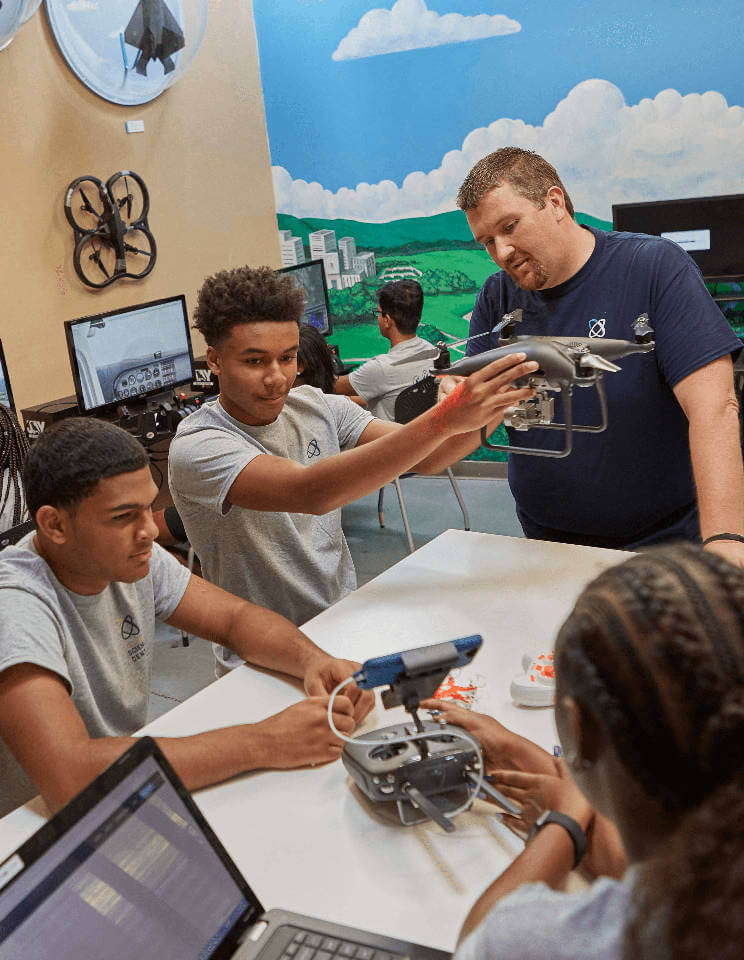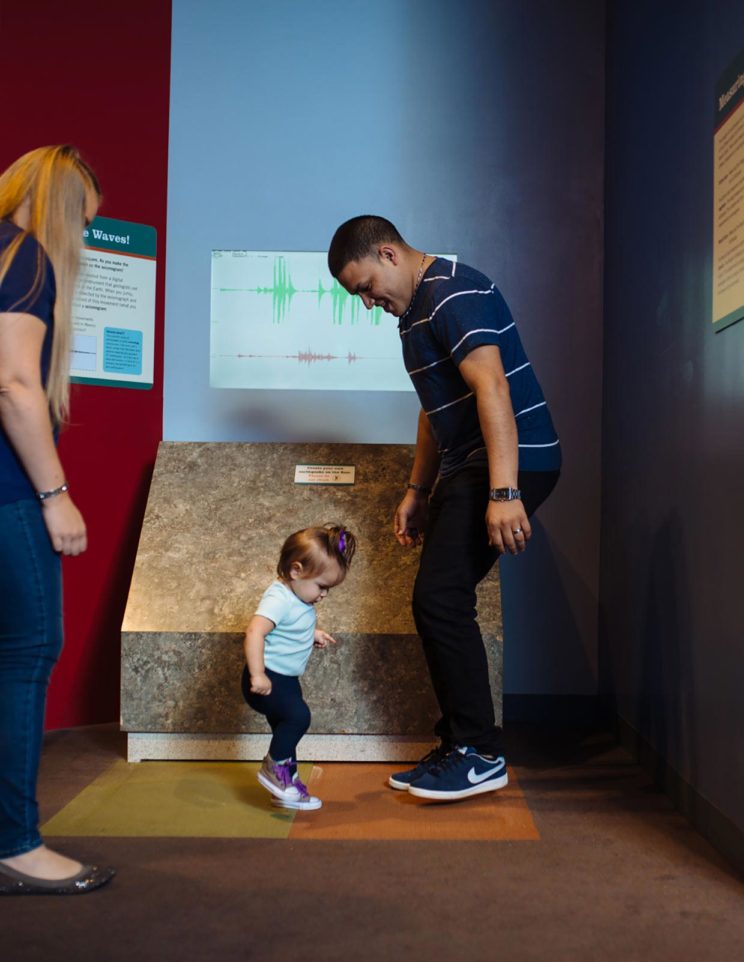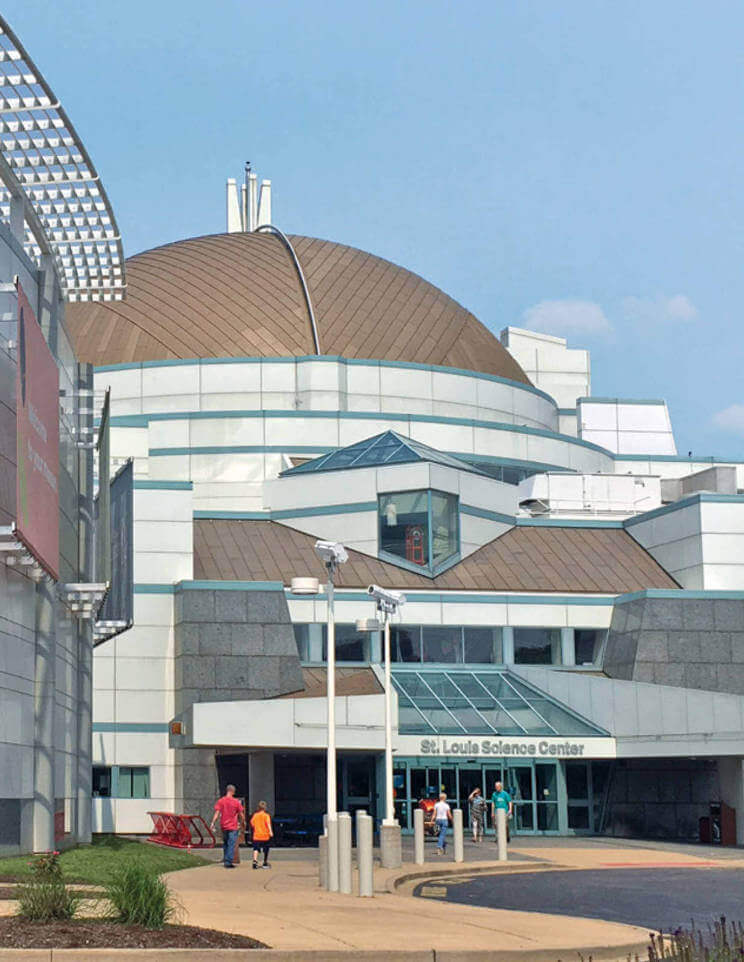Sustainability Policy
As a part of the Saint Louis Science Center’s mission “to inspire everyone to be curious and engaged in science,” we encourage our staff, members, visitors, partners, and our community to become committed stewards of the environment.
The Science Center is dedicated to operating in an environmentally sustainable, fiscally efficient and socially responsible manner. Through this “triple bottom line,” we believe operational decisions can and should be made that reinforce our educational mission, along with greater efficiencies and the least possible impact on the environment.
The following are some of the operational choices that we will make, or have already made to move the Science Center and its staff towards a more sustainable future and promote environmental leadership:
- Establish a Green Team of representative staff members from a range of departments that will identify and suggest means for implementing a variety of sustainability initiatives, as well as educate the rest of the staff.
- Participate in programs (such as sustainability audits, leadership in Energy & Environmental Design certification, and the St. Louis Regional Chamber’s Green Business Challenge) to identify measurable sustainability goals and achievement.
- Encourage institution-wide energy reduction of 10% annually, through such methods as upgraded HVAC systems with increased efficiency, automated lighting and zoned temperatures (with set-backs), area lighting sensors, conversion to LED lamps in interior and exterior display lighting, computer power settings, and Energy Star equipment and appliances.
- Install alternative energy collectors, such as for solar and wind, that serve as exhibits as well as providing measurable offsets to typical energy consumption.
- Maximize institution-wide recycling of paper, plastic, cardboard, glass, metals and food waste, by collection of recycling, landfill and composting waste, with related descriptors to make these public stations exhibits.
- Reduce consumption of paper by 10% annually, through increased use of digital information displays in public spaces, and the encouragement of increased digital documents, filings and mailings. Paper that is used should be at least 50% post-consumer recycled content.
- Promote personal responsibility in workspaces, by eliminating fans and heaters, optimizing equipment and lighting settings, reducing paper usage, and maximizing recycling.
- Contract with retail associates and vendors who share the same commitment to sustainability as do we.





